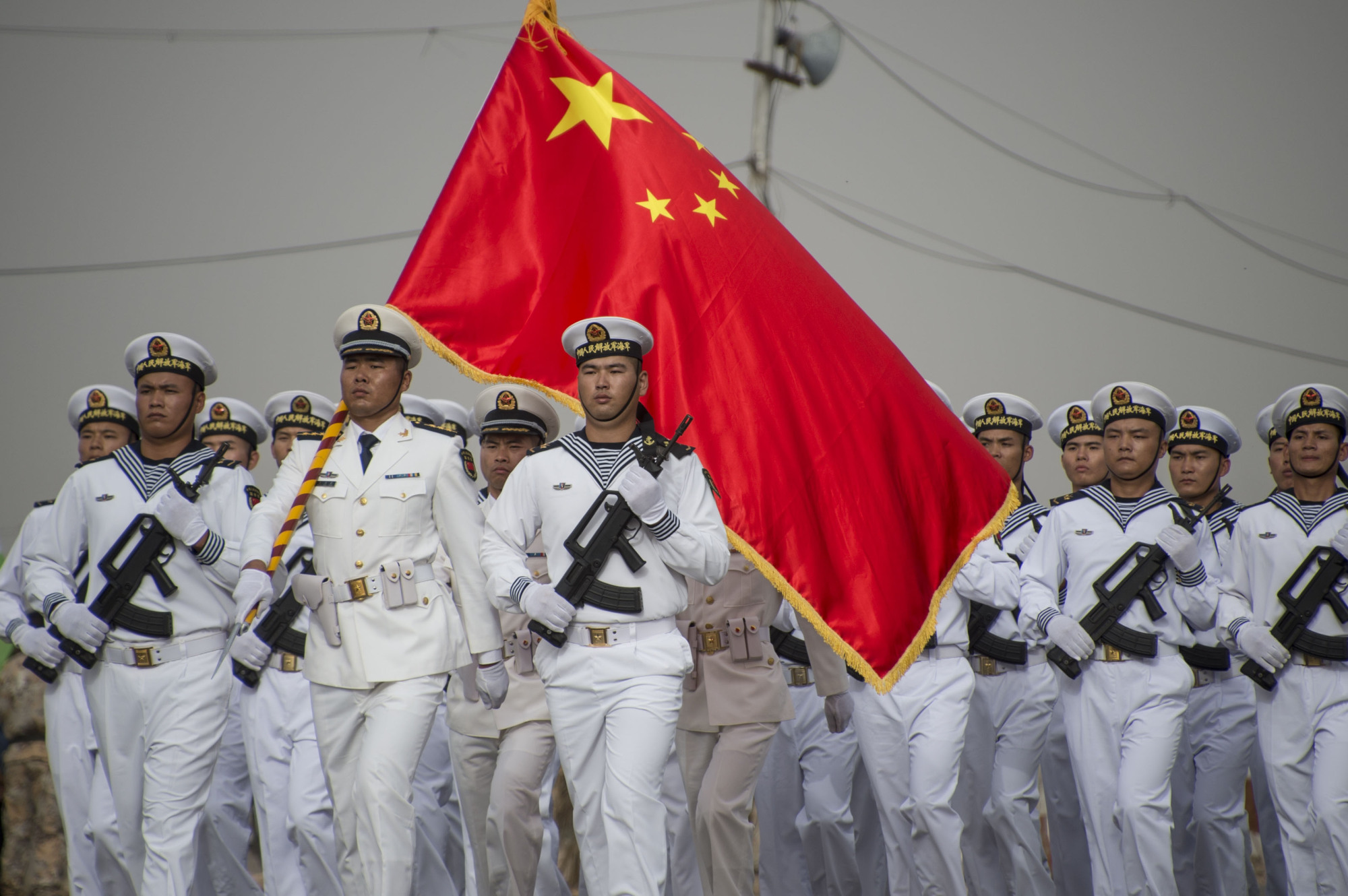In March, the Center for Global Development, a U.S. think tank based in Washington, published a fascinating report. It claimed that China was posing a severe risk to the finances of a number of countries as a result of its aid activities and excessive lending. The report went on to list seven specific countries whose finances are at serious risk: Mongolia, Laos, Kyrgyzstan, Tajikistan, the Maldives, Djibouti and Montenegro.
When advanced countries give out loans or other forms of aid, they generally impose a cap. This prevents them from lending excessive amounts. China, however, is not a member of the Organization for Economic Cooperation and Development. Nor is it a member of the Development Assistance Committee, the division of the OECD that regulates aid policy.
This can present problems for borrowers. If a country borrows to the point that its fiscal health is at risk, that is a serious problem. How will it repay the loans? It is not unreasonable to expect that it might have to use controlling interests in ports, mines or other infrastructure as collateral to facilitate the repayments.

















With your current subscription plan you can comment on stories. However, before writing your first comment, please create a display name in the Profile section of your subscriber account page.